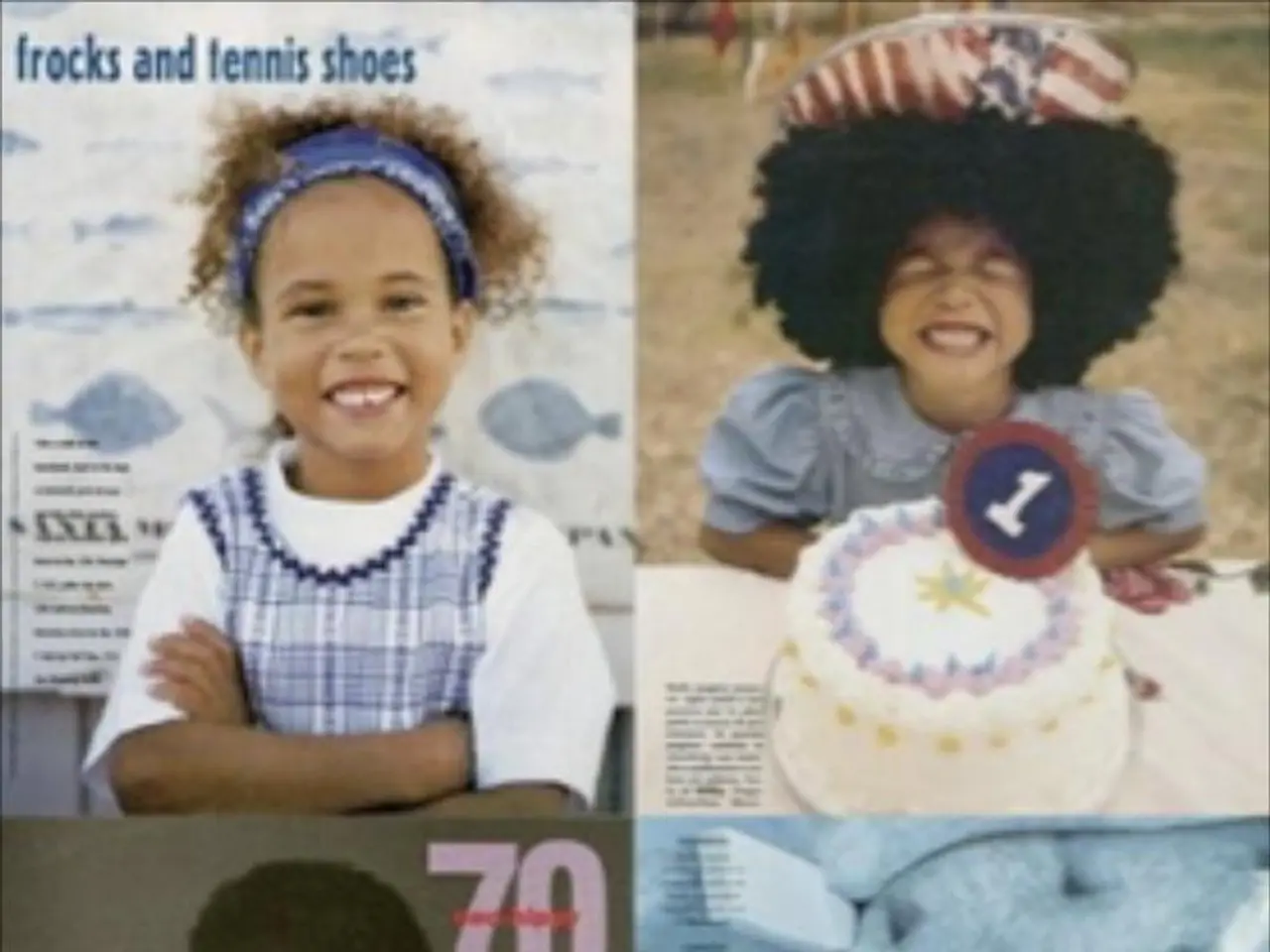Strengthening Brotherly and Sisterly Ties: Strategies for Maintaining Them
===============================================================
The loss of a parent can be a challenging time for siblings, as it often brings about a mix of emotions and complex dynamics. According to experts, maintaining contact with siblings, even through simple gestures, can help keep those ties from slipping away.
Mark Henick, a Canadian mental health advocate, emphasizes the importance of sharing memories or a joke to maintain a connection. Avidan Milevsky, author of Sibling Issues in Therapy and a research scientist at Ariel University in Israel, states that the sibling dynamic is powerful and can be the longest relationship one has.
However, the death of a parent can also ignite anger in some siblings without a clear cause. In some cases, disputes about the estate and inheritance can lead to estrangement between siblings. One man lost a brother and a nephew due to estrangement after his brother's anger following their mother's death.
On the other hand, the death of a parent can re-establish a relationship between siblings, as was the case with Christina Steinorth-Powell, a psychotherapist in Nashville, Tenn., and her brother. They reconnected during the memorial service planning and going through their father's belongings.
Research suggests that most sibling relationships become a little warmer or more positive as people age, but this is more likely for siblings who have stayed in touch and share similar life interests or goals. Katherine J. Conger, a professor emerita in the Department of Human Ecology at the University of California at Davis, notes this trend.
Tensions between siblings that have long existed can erupt after a parent's death. Patty Pavia, a woman in her late 50s from Philadelphia, experienced a drift in her relationship with her siblings after her mother's death in 2016.
Common patterns and factors influencing sibling relationships as parents age and pass away include unequal caregiving responsibilities, longstanding family role dynamics, birth order effects, emotional conflicts triggered by loss, and external stresses such as business or financial concerns.
Managing expectations and understanding the unique role siblings play in relationships can help strengthen sibling bonds. Geoffrey L. Greif, a professor at the University of Maryland School of Social Work, found through his research that about 15% to 20% of siblings consider each other close friends, while more often there's "ambivalence and ambiguity" in these relationships.
Setting up regular phone or video calls can help maintain sibling connections. Therapy and intentional communication can help siblings identify and address past family dynamics, parental favoritism, old injustices, or unspoken rules that affect their current relationship during caregiving and after loss.
Sibling estrangement can have ripple effects, affecting social networks and relationships with other family members. It's crucial to address these issues to maintain and strengthen family bonds during difficult times.
- In the process of coping with their parent's death, siblings might find solace and shared memories in education and self-development, as these experiences often contribute to personal growth.
- Navigating family dynamics is crucial, for even during demanding times like the bereavement process, the bonds of sibling relationships, influenced by factors like life interests, role dynamics, and emotional conflicts, significantly impact lifestyle and personal growth.




